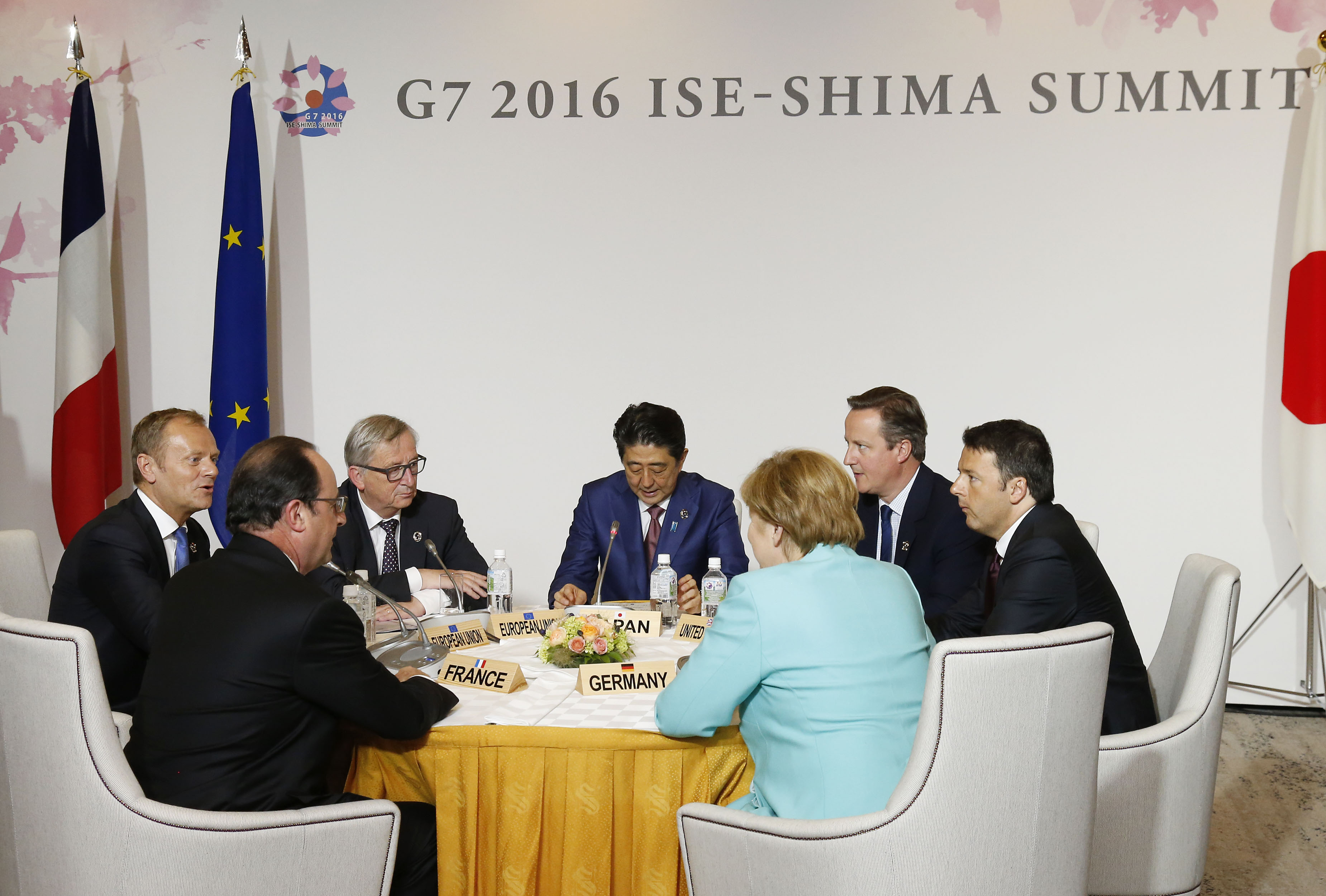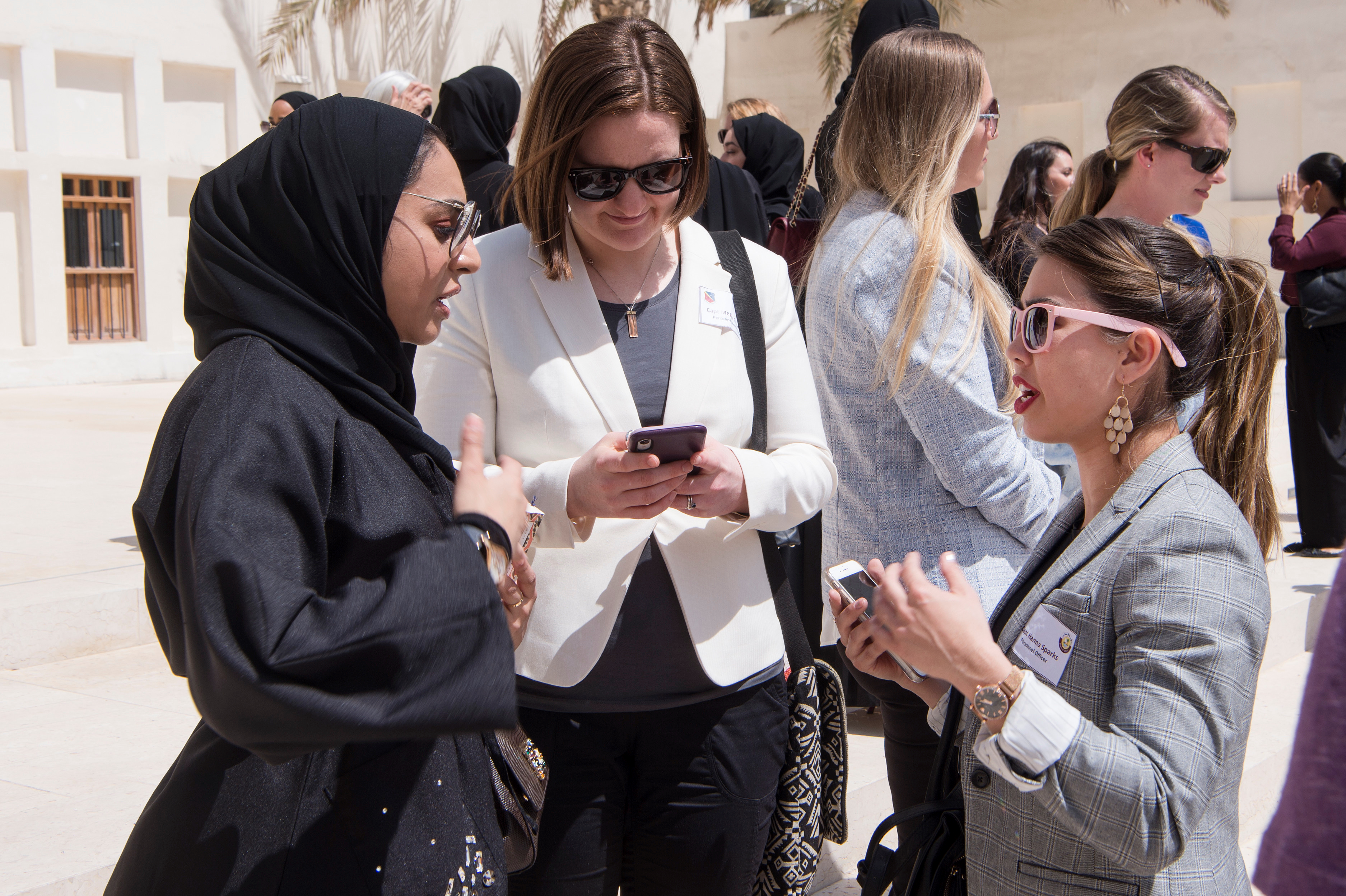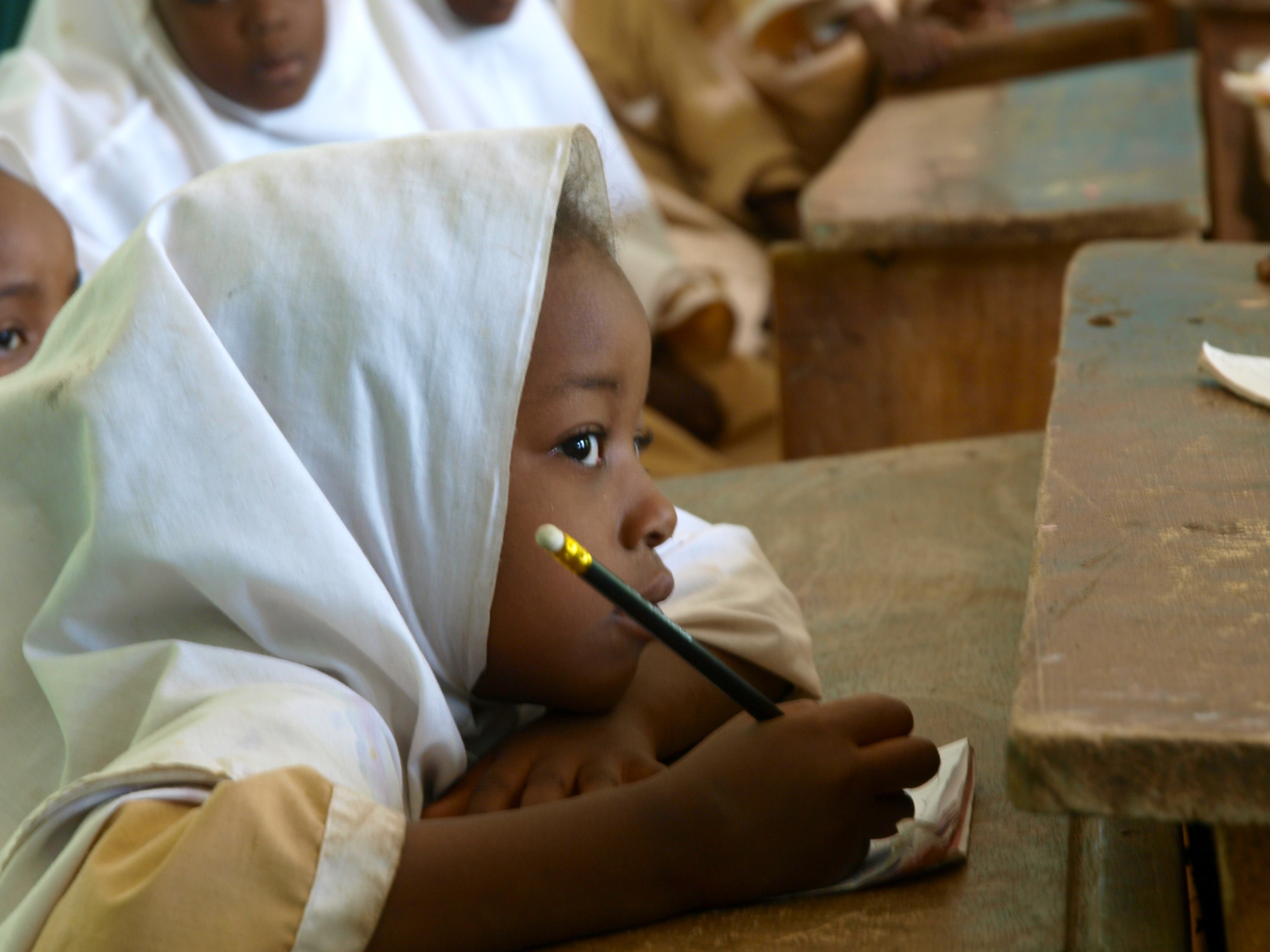After two days of deliberation, G7 leaders released the Ise-Shima Summit Leaders’ Declaration on May 27, 2016. Unlike its predecessors, the Declaration makes considerable headway in women’s empowerment by integrating gender equality throughout the Communique, rather than addressing it as a separate issue. It also made history in securing the power of UNWomen. While a commitment to gender equality is not new to the horizons of the G7, the nature of how gender is directed has undergone extensive change since its formal adoption in 1990.
A Brief History
The G7/G8 formally adopted the importance of women’s economic empowerment in 1990 at the Houston Summit; however, it was mainly focused on issues pertaining to health and education. This emphasis continued until the 2015 Schloss Elmau Summit, which generated an unprecedented 29 commitments on gender-related issues. The Schloss Elmau Declaration recognized the importance of female entrepreneurship as key driver of economic growth and endorsed the UN Women’s Empowerment Principles. It also made broader commitments to enhance the role of women in international peace and security, increase the number of women and girls technically and vocationally educated, and to reduce the gender gap in workforce participation by 25% by 2025, among others. A defining feature of the Schloss Elmau Declaration was its implementation of defined targets and timelines in achieving these goals – something that the Ise-Shima Declaration lacks.
Leader’s Declaration
Despite this shortcoming, the Ise-Shima Leader’s Declaration made several impressive commitments to gender to on unprecedented scale. While it generated two pages dedicated to gender equality and women’s empowerment, G7 leaders also marked a new milestone in mainstreaming gender equality objectives. These transformations were marked throughout the entire Declaration in areas including global health, democratic promotion, and global economy. In total, 11 action-oriented commitments were made on gender and gender-related issues. These included creating a society where women are empowered and actively engaged for economic growth, empowering women in the fields of Science, Technology, Engineering and Mathematics (STEM), and taking leadership in gender-responsive approaches to implementing the Sustainable Development Goals (SDGs).
The Declaration also expressed a commitment to work with the UN, including UNWomen, and other external organizations to advance the Women, Peace and Security agenda. To that end, G7 Leaders called upon all states to support the implementation of the UN Secretary-General’s zero tolerance policy towards sexual exploitation to increase the female empowerment and representation in relevant sectors. They further highlighted the importance of women’s participation in conflict prevention and resolution, mediation, peacekeeping, humanitarian response, peacebuilding and post-conflict reconstruction consistent with UN Security Council Resolution 1325. Finally, the G7 also called upon all states to implement last year’s commitments based on the UN Security Council High Level Review of SCR 1325.
Guiding Principles
The Declaration is clearly influenced by the G7 Guiding Principles for Building the Capacity of Women and Girls, which G7 leaders formally endorsed in the Declaration. The Principles consist of key actions in achieving the implementation of Agenda 2030 and its SDGs. The first action is to build the capacity of women and girls towards sustainable, inclusive and equitable economic growth. This is to be achieved by eliminating gender disparities and stereotypes in education and careers, enriching women’s education and vocational training, enhancing entrepreneurship and leadership, improving education and advocacy programs for women’s health, and addressing barriers to quality education for girls.
The second action is the building of capacities of women and advancing their involvement in international peace and security efforts. This is to be achieved by strengthening trainings for UN peacekeeping personnel and local security agencies, fostering women’s leadership and stronger representation in the justice and security sectors, emergency response situations, and disaster risk reduction (DDR).
Conclusions
Including gender equality as a primary focus of Summit declarations is a key means of bringing the issue to the forefront of international affairs. Specifically, as the world’s most powerful drivers of global economic growth, the G7 have made it clear that sustainable economic growth requires gender equality. The G7 are an important part of the normative push for equal rights and will likely continue to deliver effective progress in this area.
While the commitments outlined in the Ise-Shima Declaration recognize the importance of prioritizing gender equality issues, they are generally qualitative in form. These largely aspirational declarations escape defined threshold marks and timelines that, as demonstrated by the quantitative Schloss Elmau commitments, promote continued efforts and implementation by G7 member states.
The Ise-Shima Summit has undoubtedly made it clear that a commitment to achieving gender equality is still a priority on the G7 agenda. It also covered new territory not previously pursued by Schloss Elmau, in extending partnership to UNWomen and mainstreaming female empowerment into multiple sections of the Declaration. These achievements are particularly commendable. However, our optimism ought to be guided by caution as the missing thresholds, targets, and timelines may challenge complete implementation.
Photo: European Council President Donald Tusk speaking at G7 meeting in Ise-Shima (2016) by European Council President via Flickr. Licenesed under CC BY-NC-SA 2.0.
Disclaimer: Any views or opinions expressed in articles are solely those of the authors and do not necessarily represent the views of the NATO Association of Canada.




